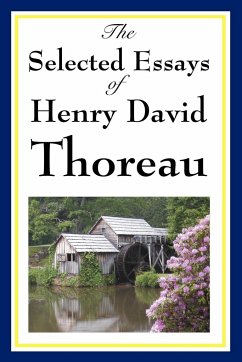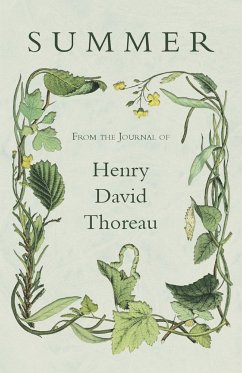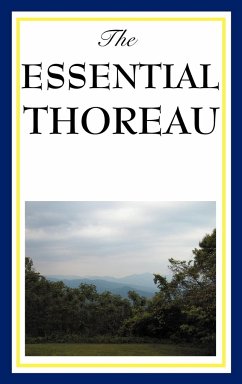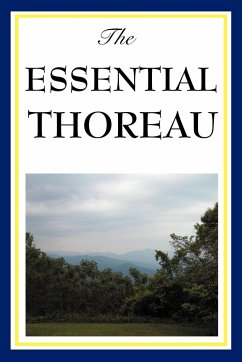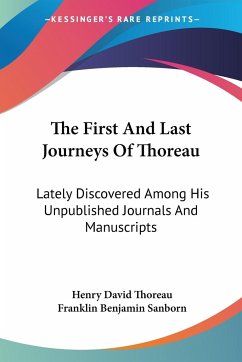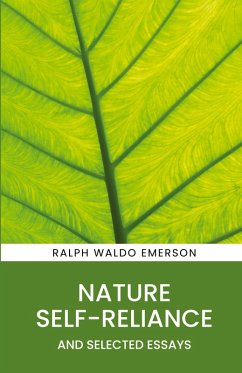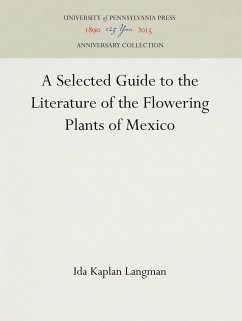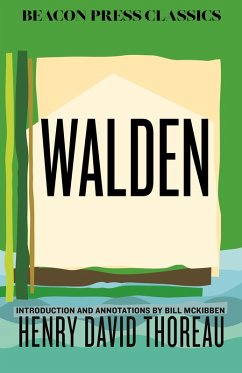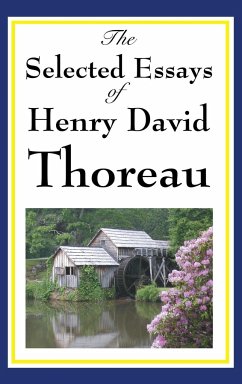
The Selected Essays of Henry David Thoreau
Versandkostenfrei!
Versandfertig in 1-2 Wochen
31,99 €
inkl. MwSt.
Weitere Ausgaben:

PAYBACK Punkte
16 °P sammeln!
Collected here are nineteen essays by Henry David Thoreau. Thoreau was on of America's best known and most influential writers. His work has helped shape the American Discourse and had a lasting effect on the environmental movement in America. Included here are The Service, A Walk to Wachusett, Paradise (to be) Regained, The Landlord, Herald of Freedom, Wendell Phillips Before the Concord Lyceum, Reform and the Reformers, Thomas Carlyle and His Works, Civil Disobedience, Slavery in Massachusetts.





